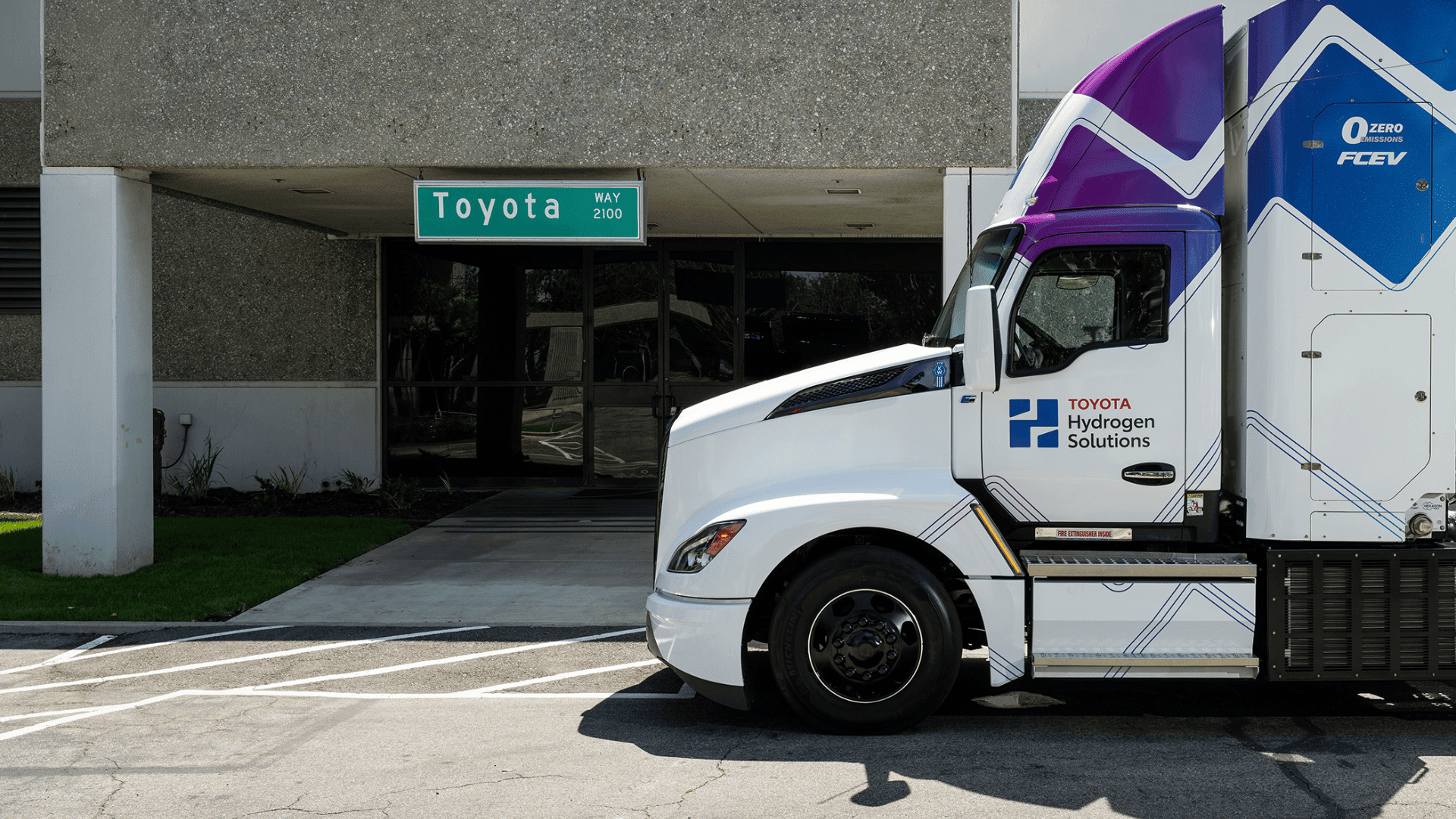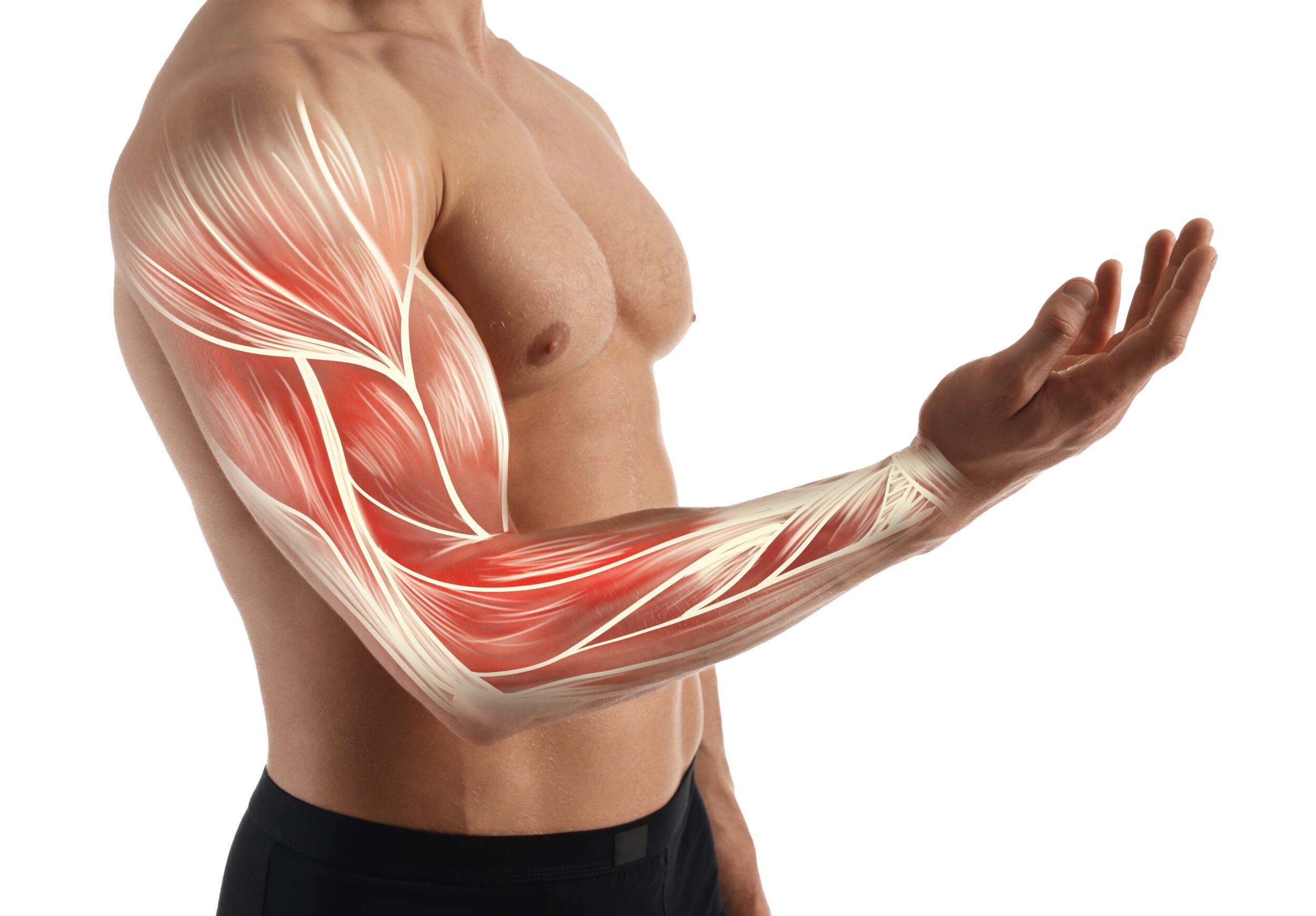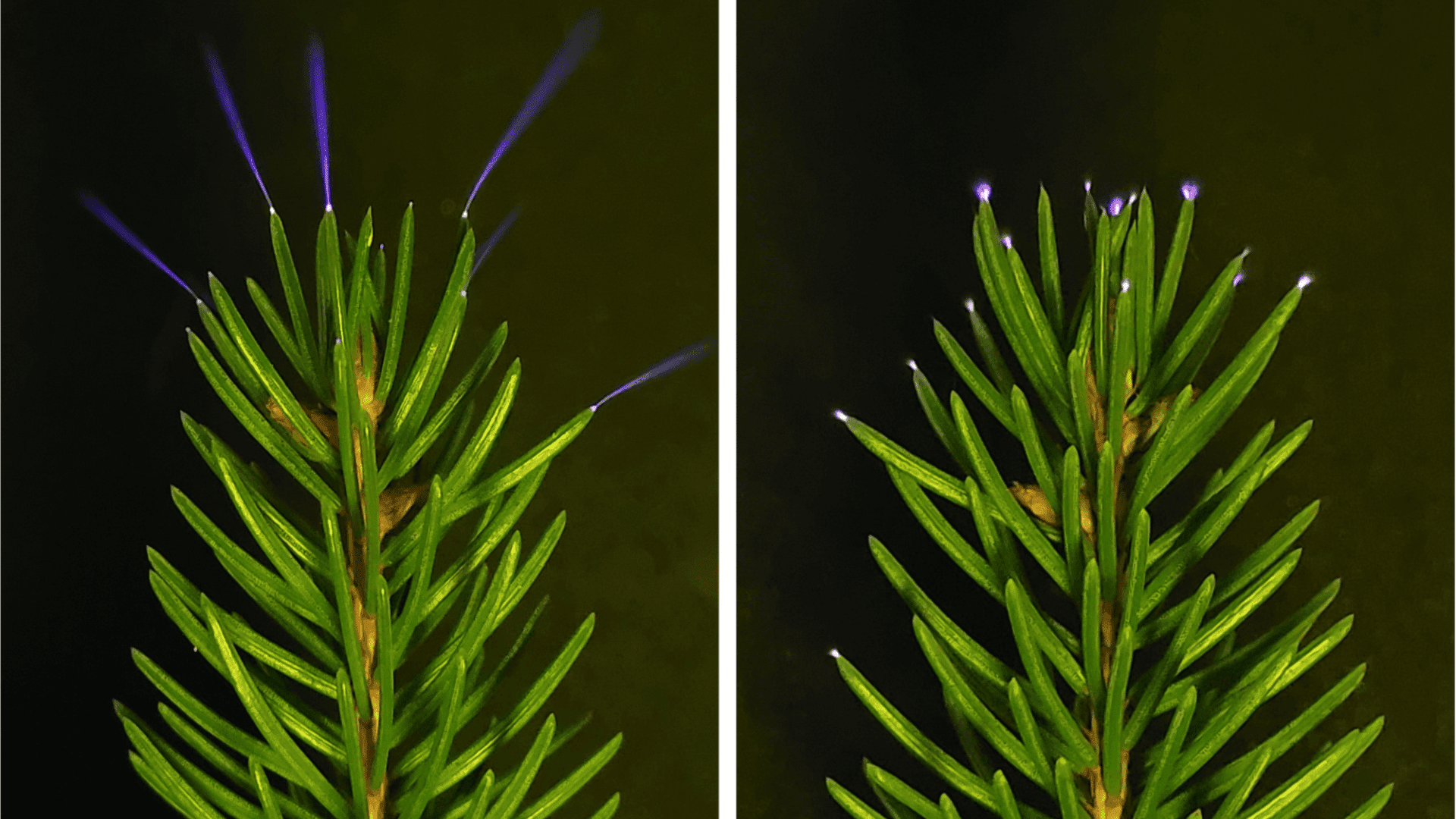Toyota announced more additions to its growing hydrogen efforts. The automotive manufacturer unveiled a new hydrogen-powered fleet and a 3rd generation fuel cell system.
Hydrogen Plans


Toyota executives announced hydrogen-related plans and investments at ACT Expo’s Hydrogen Workshop and debuted new fuel cell technologies and products.
Toyota Group Vice President of Powertrain Engineering Jordan Choby said the auto manufacturer plans to introduce hydrogen-powered fuel cell electric Class 8 heavy-duty trucks and reduce the number of diesel-powered tractor-trailers that service Toyota’s North America Parts Center California (NAPCC). To support the new fleet of hydrogen-powered big rigs, Toyota announced plans for a hydrogen fueling station at the NAPCC campus.
Additionally, Toyota debuted its next-generation fuel cell technology in North America: the Toyota Gen 3 FC system. According to Toyota, “the next-gen system is expected to be 20% more efficient and 20% more powerful than the current system.” Toyota claims the Gen 3 FC could allow a heavy truck powertrain to go 600,000 miles without major services.
Toyota outlined a preliminary arrival of the Gen 3 FC system “in or after 2027.”
Advertisement
“Hydrogen as a fuel – and especially fuel cells – offer benefits that can make a positive change, and we are invested in their long-term success,” Choby said. “We are investing in resources that we believe will lead to sustainable growth, both for our operations and the entire value chain in this still-evolving transportation sector.”
Hydrogen Power
Toyota is working to move fuel cell-powered Class 8 trucks out of a pilot phase. The company will then start deploying the FCEV heavy-duty trucks into its logistics fleet. The FCEV trucks will have routes from the Port of Long Beach to the NAPCC in Ontario, California, and even as far south as San Diego.
This effort addresses Toyota’s ongoing 2050 Challenge of reducing carbon emissions from supply chains.
“Our goals, capabilities to accomplish those goals, and long-term mindset have put Toyota in a position to be a leader moving the global transportation industry forward,” Choby said.
In addition, Toyota wants to explore hydrogen extraction from methane byproducts that come from animal waste, wastewater treatment plants, and landfills.



